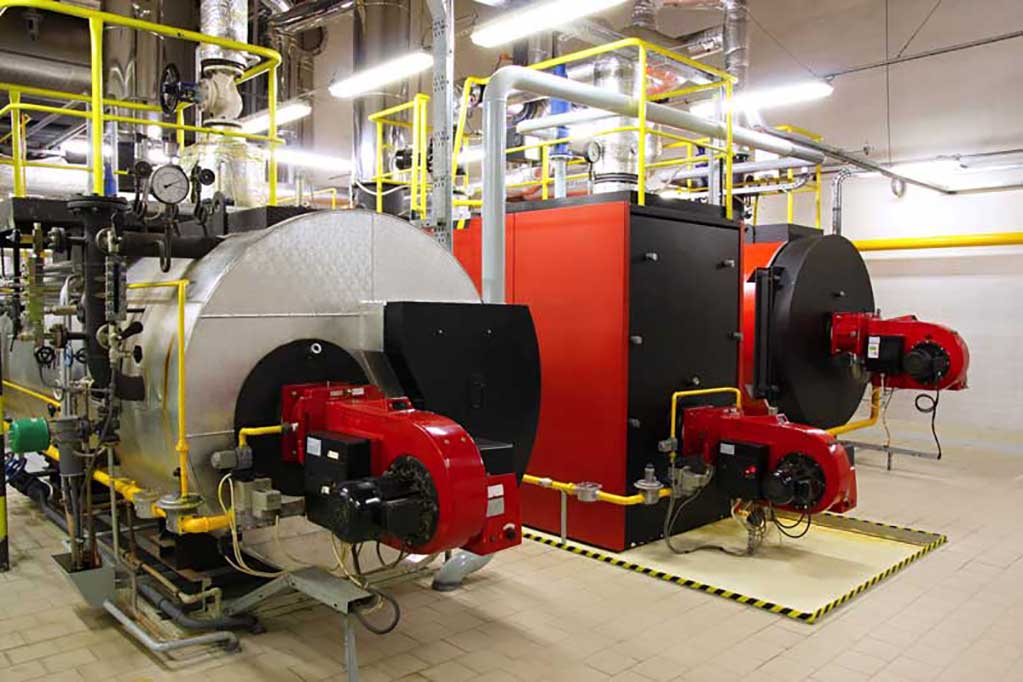Steam boilers are devices that utilize the power of steam to provide heating or energy for various industrial processes. These machines have been integral to industries such as power generation, food processing, and chemical production for decades. Let’s delve deeper into the world of steam boilers and explore their significance.
How do Steam Boilers Work?
Read more about steam boiler here.
A steam boiler operates by heating water to create steam, which is then circulated through pipes to deliver heat or power to different systems. The steam produced by the boiler can be used for heating buildings, generating electricity, or powering machinery.
Key Components of a Steam Boiler
- Boiler Shell: The outer casing of the boiler that houses the water and steam.
- Heating Element: Typically a furnace, burner, or electric heating element that heats the water.
- Steam Tubes: Pipes through which the steam travels to its destination.
- Pressure Gauge: Monitors the pressure within the boiler to ensure safe operation.
- Safety Valve: Releases excess pressure to prevent explosions.
Benefits of Using Steam Boilers
- Efficiency: Steam boilers are known for their high efficiency in converting energy into heat or power.
- Reliability: These machines are sturdy and reliable, providing consistent performance over time.
- Versatility: Steam boilers can be used for a wide range of industrial applications, making them a versatile choice for many businesses.
Frequently Asked Questions about Steam Boilers
- How often should a steam boiler be serviced?
It is recommended to have a steam boiler serviced annually to ensure optimal performance and safety. - Can steam boilers be used for residential heating?
While steam boilers are primarily used in industrial settings, there are smaller versions available for residential heating. - Are steam boilers eco-friendly?
Steam boilers can be designed to be environmentally friendly by using clean fuels and efficient combustion processes.
Overall, steam boilers play a crucial role in facilitating various industrial processes and providing essential heating and power. Their efficiency, reliability, and versatility make them indispensable tools for many businesses around the world.





